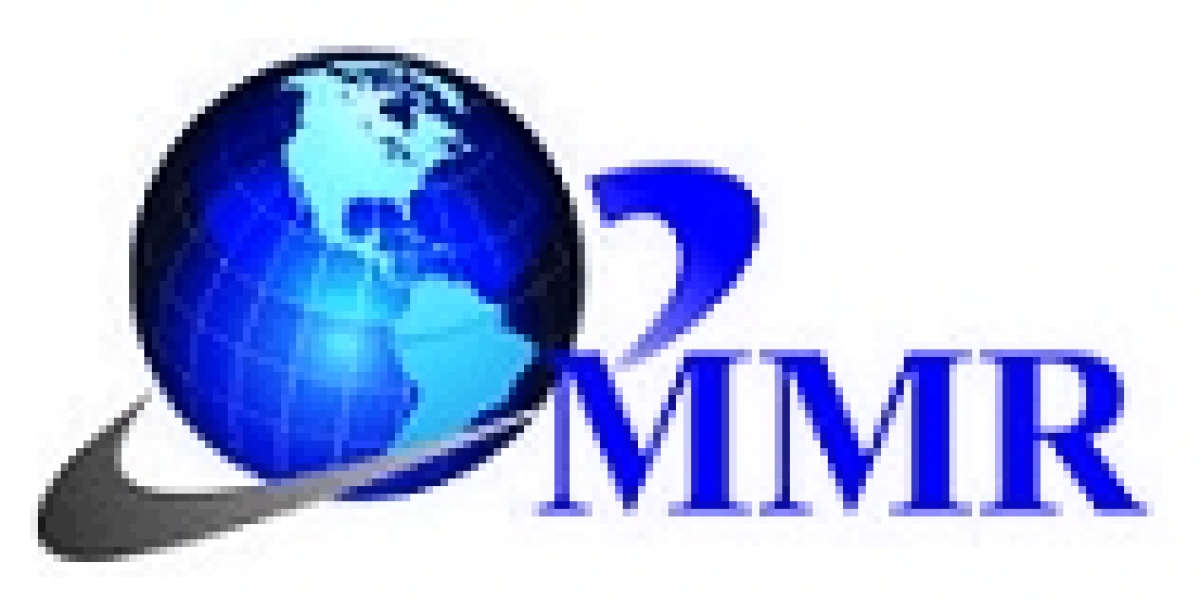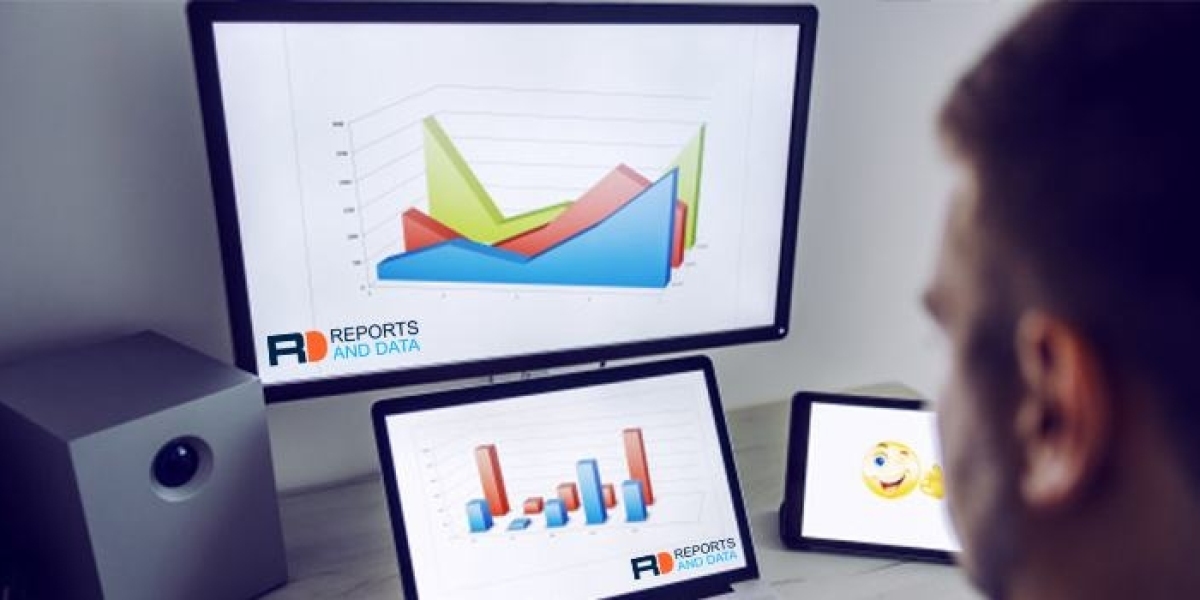When applying for a U.S. visa, especially for those seeking an EB1A visa, publishing can play a pivotal role in strengthening your application. The EB1A visa, designed for individuals with extraordinary abilities in fields like science, arts, business, and athletics, requires applicants to demonstrate sustained national or international acclaim. Publishing your work in reputable journals, magazines, or online platforms is one of the most effective ways to provide evidence of your expertise and recognition. Here’s how publishing can support your visa application.
The Role of Publishing in Visa Applications
For EB1A visa applicants, providing published material is one of the key criteria to demonstrate extraordinary ability in your field. Publishing academic research, professional articles, books, or significant contributions to industry journals can provide clear evidence of your achievements and reputation. Such publications can help meet the national or international acclaim requirement necessary for visa approval.
How Publishing Supports Your EB1A Visa Application
Showcase Your Expertise and Contributions Published articles or research papers highlight your significant contributions to your field. Whether it’s a scientific paper, book, or industry report, publishing demonstrates your active engagement and leadership in your discipline. For EB1A applicants, it’s important that these publications reflect the scope of your expertise and how your work has impacted the field.
Prove Recognition in Your Field Publishing in prestigious, well-regarded journals or platforms acts as independent proof that your work is valued by your peers. When your research or work is featured in respected academic journals or mainstream media outlets, it shows that you have achieved recognition within your industry or community. These publications are crucial for proving the extraordinary ability required for the EB1A visa.
Meet the Visa Criteria The EB1A visa requires applicants to provide evidence of published material about their work. Publications that are cited by other experts, acknowledged in reviews, or featured in significant industry magazines can fulfill this requirement. A robust portfolio of publications strengthens your case by demonstrating your sustained contribution and influence in your field.
Increase Your Visibility Publishing your work increases your visibility, allowing a broader audience to recognize your accomplishments. As you continue to publish in reputable outlets, your professional reputation grows, and you become more recognized within your field. This enhanced visibility plays a significant role in the EB1A visa approval process.
Types of Publishing That Can Support an EB1A Application
Academic Journals and Research Papers For applicants in scientific, academic, or technical fields, peer-reviewed journals are essential. These publications carry high credibility and demonstrate that your work has been scrutinized and recognized by experts in your field. Research papers, studies, and technical reports that are cited by other professionals also show that your contributions are influential and impactful.
Books and Monographs Authors of influential books or monographs often have a strong case when applying for the EB1A visa. Books that are published by renowned academic publishers or major commercial outlets show your deep expertise and the lasting impact of your work. Books are especially valuable because they tend to be referenced by others in your field, which adds credibility.
Industry and Professional Publications Articles published in industry magazines, business journals, or professional websites are also critical forms of publishing. These publications demonstrate that your work has received recognition outside of academia and has been acknowledged by the broader professional community. They are especially beneficial for applicants in business, arts, or other non-academic fields.
Online Articles and Blogs In today’s digital age, publishing on respected online platforms, such as high-traffic blogs or reputable websites, can also provide evidence of your recognition. Articles, thought leadership pieces, and guest blog posts published on well-regarded sites can be useful, particularly if these outlets are known for their influence and widespread readership.
How to Make the Most of Publishing for Your Visa Application
Target High-Impact Outlets For maximum impact, focus on publishing in outlets with strong credibility in your field. Whether it’s a high-ranking academic journal or a prestigious professional magazine, the more respected the platform, the stronger the evidence of your expertise and recognition.
Track Citations and References Keep track of how often your published work is cited by others. Citations are important because they indicate that your work is being used and referenced by others in your field. Tools like Google Scholar can help you monitor the reach and impact of your publications.
Build a Comprehensive Portfolio A strong application includes a variety of publications across different platforms. Having a mix of academic papers, industry articles, books, and digital content can demonstrate your versatility and influence in your field. The more diverse your publications, the stronger your case for extraordinary ability.
Use Media Exposure to Complement Publications If your published work has been mentioned or discussed in mainstream media outlets, be sure to include this as part of your evidence. Media exposure amplifies the significance of your work and shows that it has had a broad impact, further solidifying your claim of national or international acclaim.
Conclusion
Publishing for visa application is one of the most effective ways to strengthen your EB1A visa application. Through publications in high-impact journals, books, industry reports, or reputable online outlets, you can prove that you possess the extraordinary ability required by USCIS. By strategically choosing where and how to publish, and tracking the recognition your work receives, you can create a robust portfolio that greatly enhances your chances of securing an EB1A visa.








